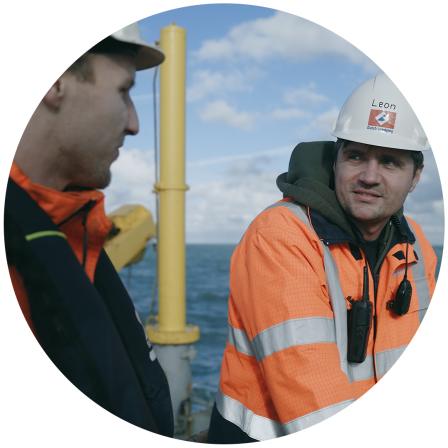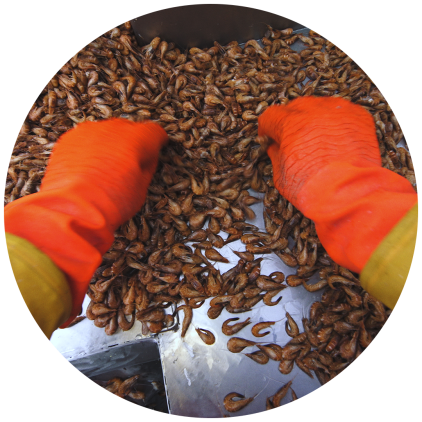
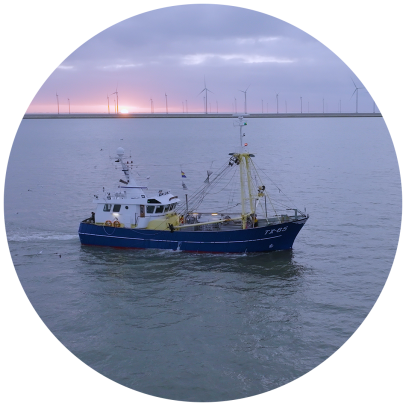
Keeping abreast of the latest news is crucial, especially in a dynamic and high-risk environment like the maritime sector. By being well-informed about recent developments, regulations and best practices, employees and companies can learn from each other, improve safety and work more efficiently.
Click and read on to learn more about the latest safety guidelines, innovative techniques and essential measures that contribute to a safe working environment at sea. Stay prepared and well-informed with our insights.
No growth
Schaap points out that millions in subsidies are ready to give the fishing industry a sustainable boost and keep the fishing culture alive in the coastal towns. If the door closes here soon, there will be no more fisheries education in Katwijk. And no young people means no recruitment,' Schaap soberly observes.
To Rotterdam
The management in Rotterdam is now looking for a temporary solution. It is looking into renting classrooms so that theoretical education can be offered on a small scale to the current first- and second-year students. The practical lessons with simulators and engine room will almost certainly move to Rotterdam.
'For the new batch of students, it is still uncertain where they will be taught. Our current second-year students will continue their education in Rotterdam from the third year, after the summer holidays. MBO nautical education in Katwijk is now really on the verge of being phased out,' says Schaap.
Photo: for illustration purposes
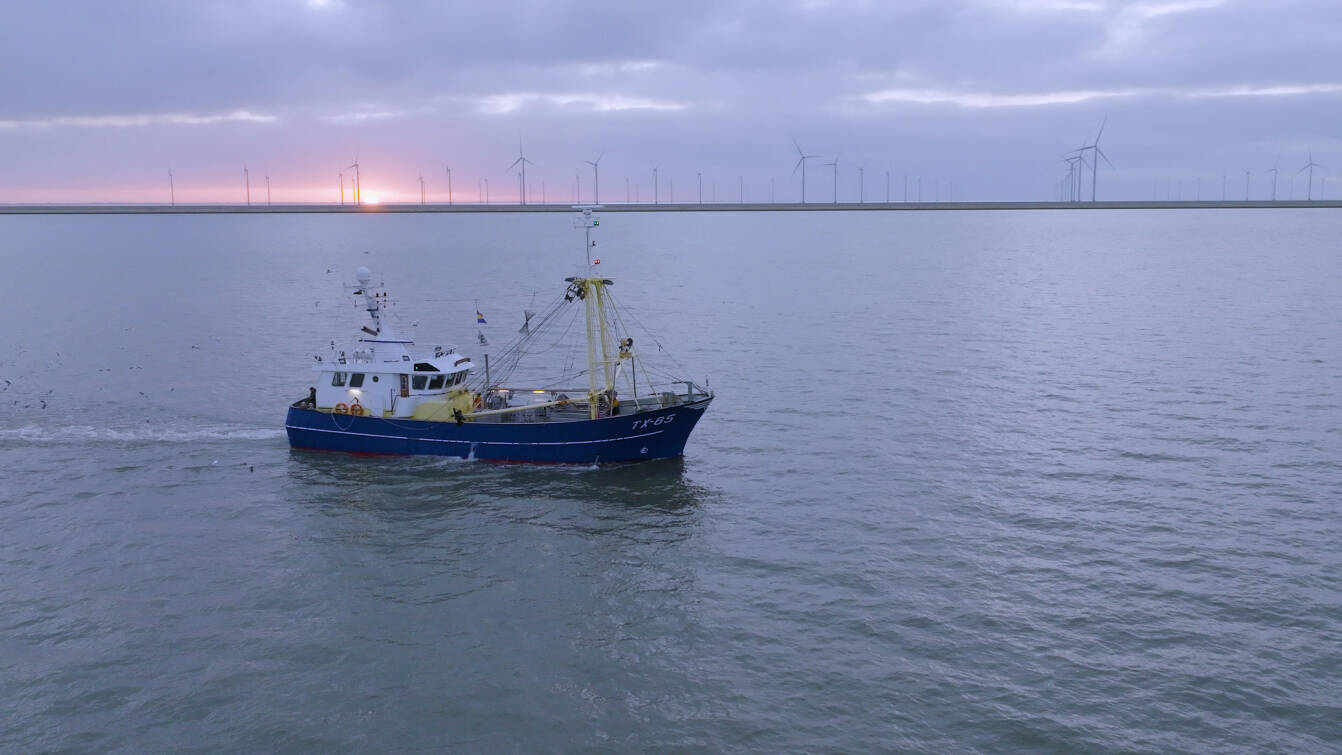
Photo: for illustration purposes
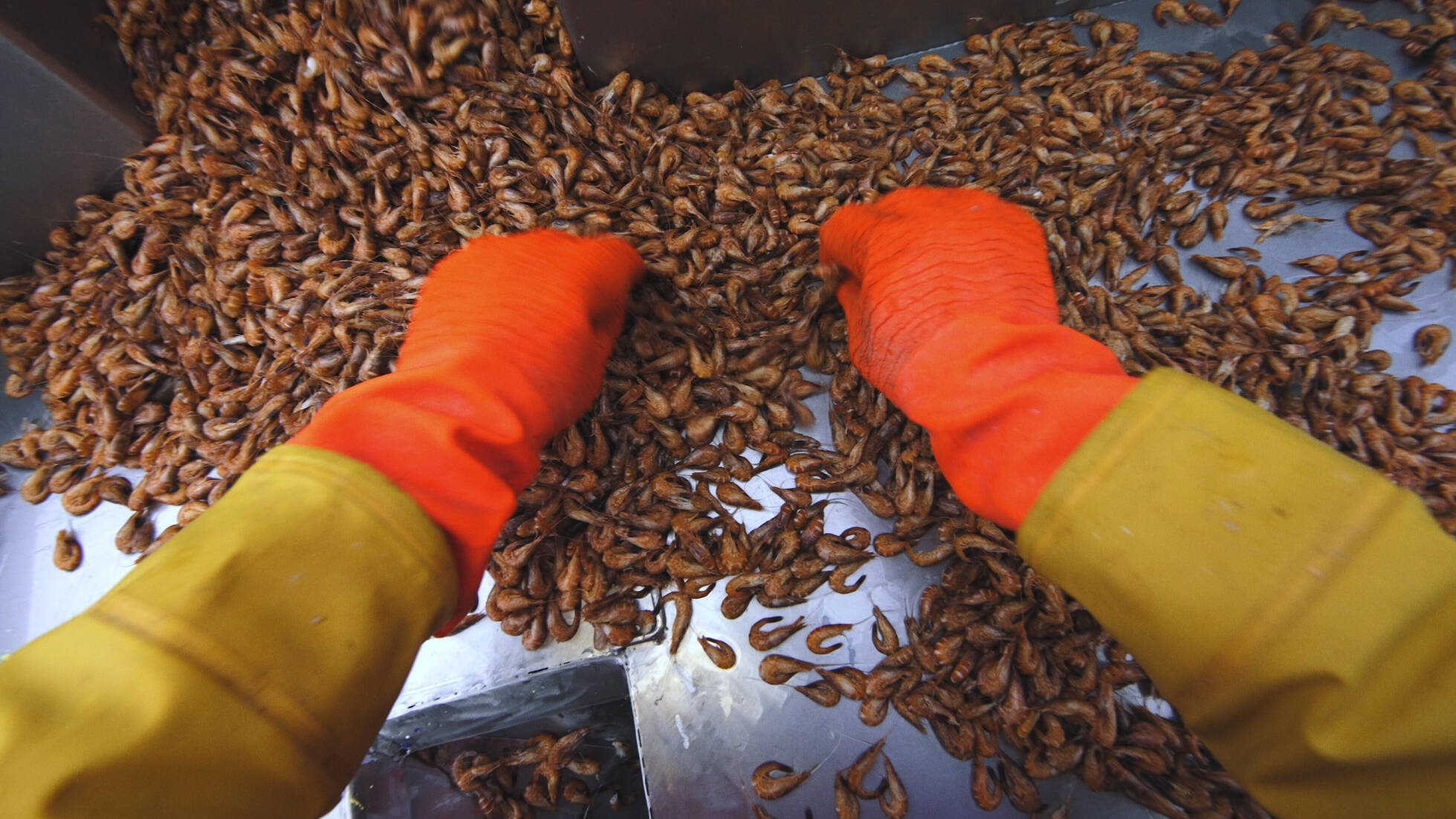
The teaching team of the Katwijk fisheries school has been told that Rotterdam's Scheepvaart en Transportcollege (STC) will eventually withdraw. This threatens the continued existence of fisheries education in the South Holland fishing town.
Katwijk has no port but is very important to the Dutch fishing fleet as a supplier of crew. Photo Willem den Heijer
'The school building is almost certainly going to be sold to the municipality of Katwijk. The construction to rent it back in its current set-up for the time being, including practice facilities, no longer fits within the STC budget. ‘This given the limited number of students at this location and the number of square metres,’ said fisheries teacher Henk Schaap. He has sent a letter to the municipality, hoping for a rescue plan. That letter has also been sent to fisheries organisations and the fishing industry to inform everyone of the dire situation. ‘From the municipality I haven't heard anything yet,’ he said.

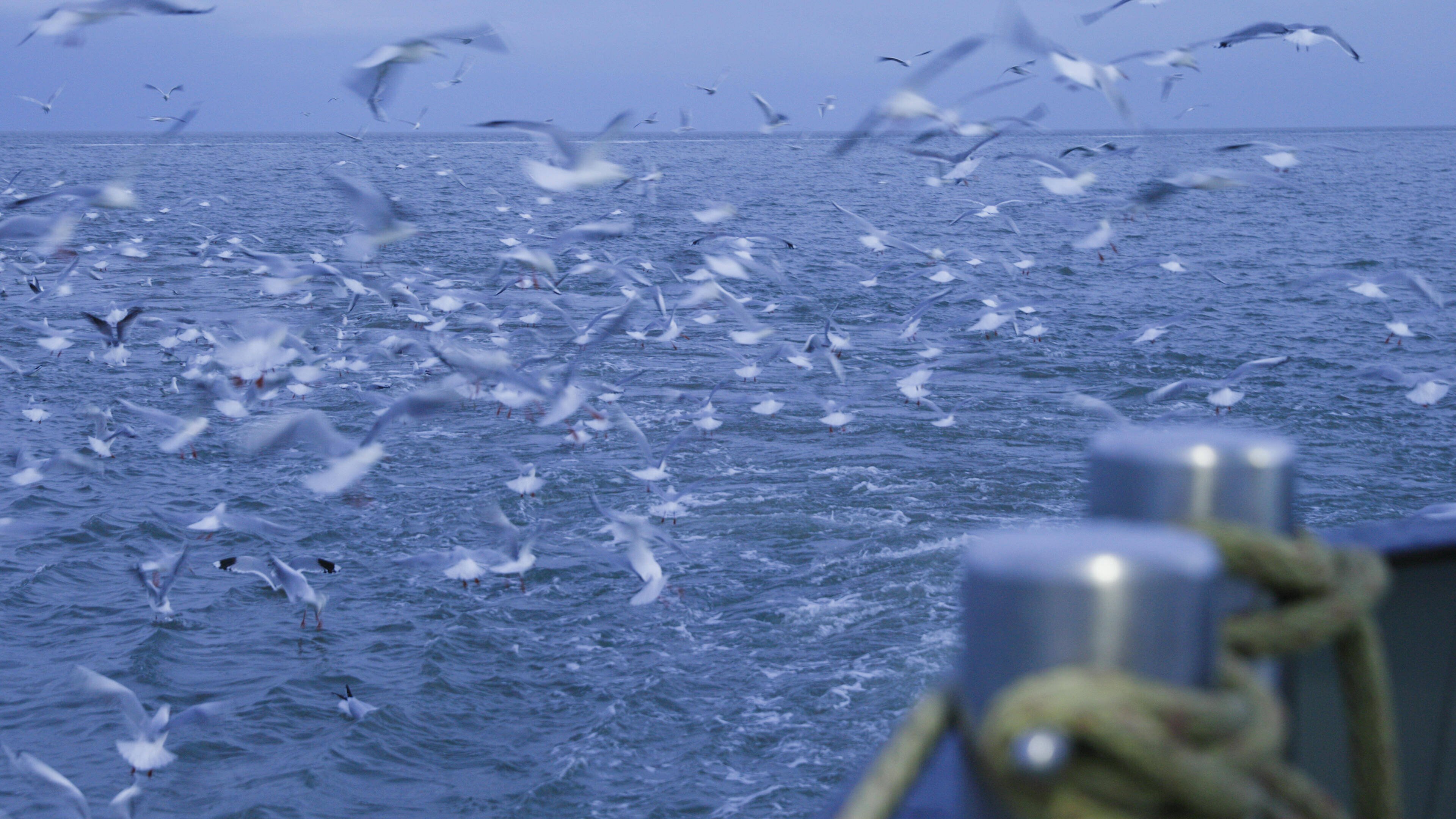
Photo: for illustration purposes
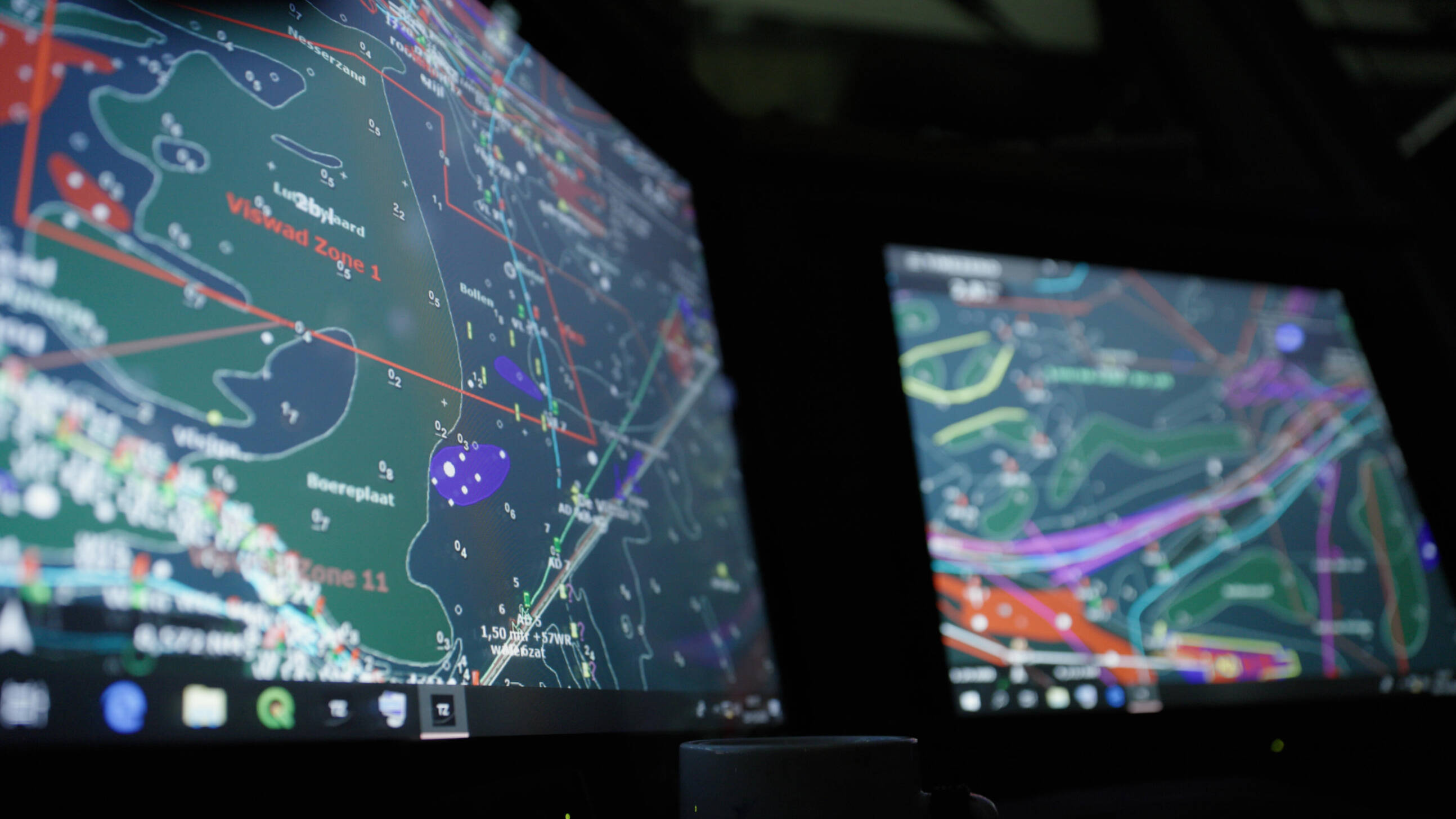
Reduce risks, increase safety
Of the 34 cutters, 25 maintain a so-called Risk Inventory and Evaluation Approach (RI&E). An important step to increase safety and awareness on board. This RI&E sets out the health and safety risks of working on board. The RI&E is accompanied by a plan of action describing the measures fishermen take to reduce the risks of an accident or incident.
Long working days and many administrative burdens are part of daily life for fishermen. C188 is not meant as an extra burden, but replaces many old conventions. Compliance is important to ensure and, if necessary, improve the quality of working and living conditions on board. Moreover, proper recording of working and rest times provides certainty in insurance issues and legal proceedings. Because even the courts weigh correct records in case of an accident or dispute in their judgement.
Why the C188 Convention helps fishermen
The C188 Convention is the Work in Fishing Convention of the International Labour Organisation (ILO). The C188 Convention replaces all old conventions on working conditions in sea fishing. On all seagoing fishing vessels, living and working conditions must comply with the rules of the C188 Convention. Depending on the sailing days, vessel length and sailing area, a C188 certificate is sometimes also required.
The C188 Convention was drawn up to protect fishermen worldwide. The convention ensures that fishermen have a safe and healthy working environment, with fair working conditions, adequate rest and good living conditions on board. This not only provides security for fishermen and shipowners, but also helps keep the sector future-proof and attractive to new generations of fishermen.
Medical examinations and certificates of competency
Improvement is needed when it comes to compliance with keeping track of working and rest hours and preparing a crew work schedule. The crew list was not updated in all cases and a copy of the crew list was not always shared with the shore. In addition, inspectors saw that 15 out of 34 cutters did not have the required crew papers in order. These included medical examinations and certificates of competency. In some cases, liability insurance and social insurance for crew members were missing. Only one captain complied with the requirements.
Photo: for illustration purposes
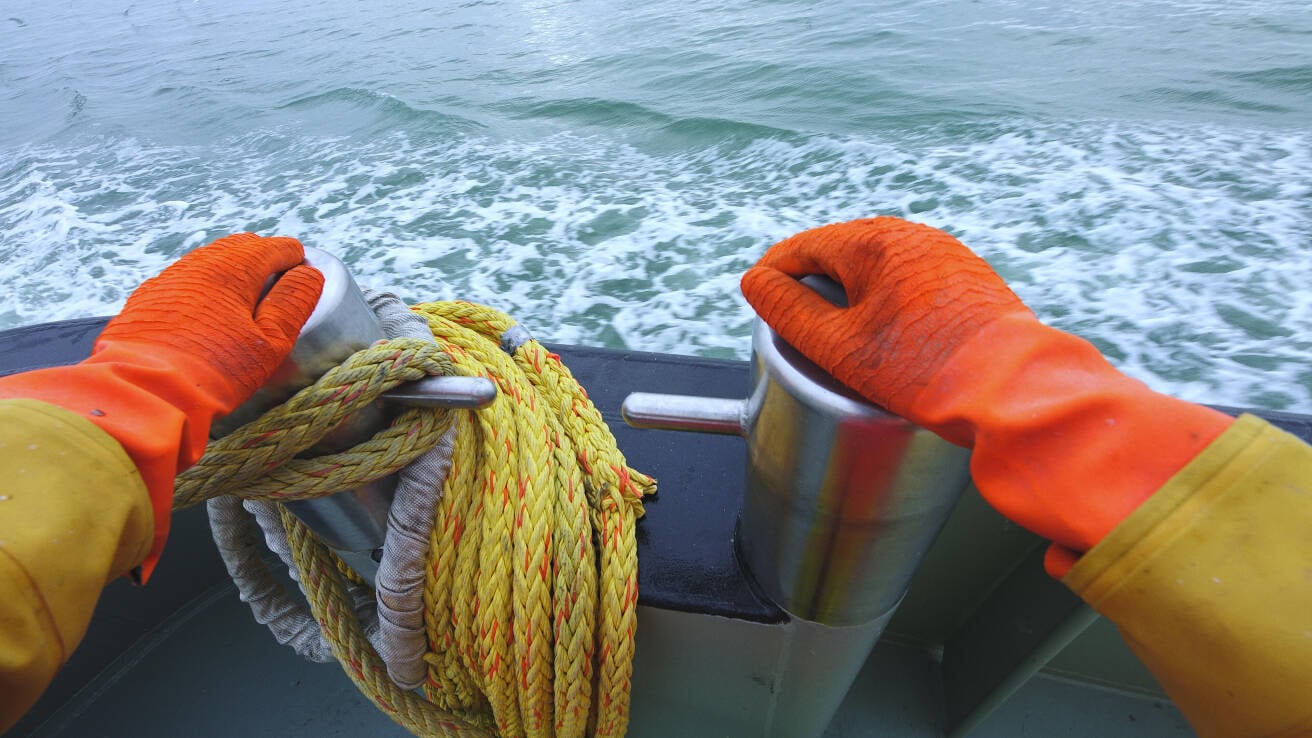
The Environment and Transport Inspectorate (ILT) is committed to ensuring safe and healthy working and living conditions on board fishing vessels. The ILT provided information on this on board non-certificate cutters in 2024. Inspections of these seagoing fishing vessels were used to check compliance with the C188 Convention, which contains rules on working conditions on board.
The inspections of 34 fishing vessels showed that a large proportion were not yet compliant. Non-compliance or insufficient compliance with the C188 Convention can lead to situations where fishermen or the vessel are uninsured. To eliminate unnecessary risks, the ILT will also take enforcement action in 2025 if vessels fail to comply.
During the 34 inspections in 2024, all cutters were found to have sufficient safety equipment (PPE) on board. Medical equipment for crew members was also more than sufficient. In addition, all vessel certificates were in order and crew members were entitled to repatriation in all cases in case of an accident at sea.

for Katwijk fishing school


Keeping abreast of the latest news is crucial, especially in a dynamic and high-risk environment like the maritime sector. By being well-informed about recent developments, regulations and best practices, employees and companies can learn from each other, improve safety and work more efficiently.
Click and read on to learn more about the latest safety guidelines, innovative techniques and essential measures that contribute to a safe working environment at sea. Stay prepared and well-informed with our insights.
Photo: for illustration purposes
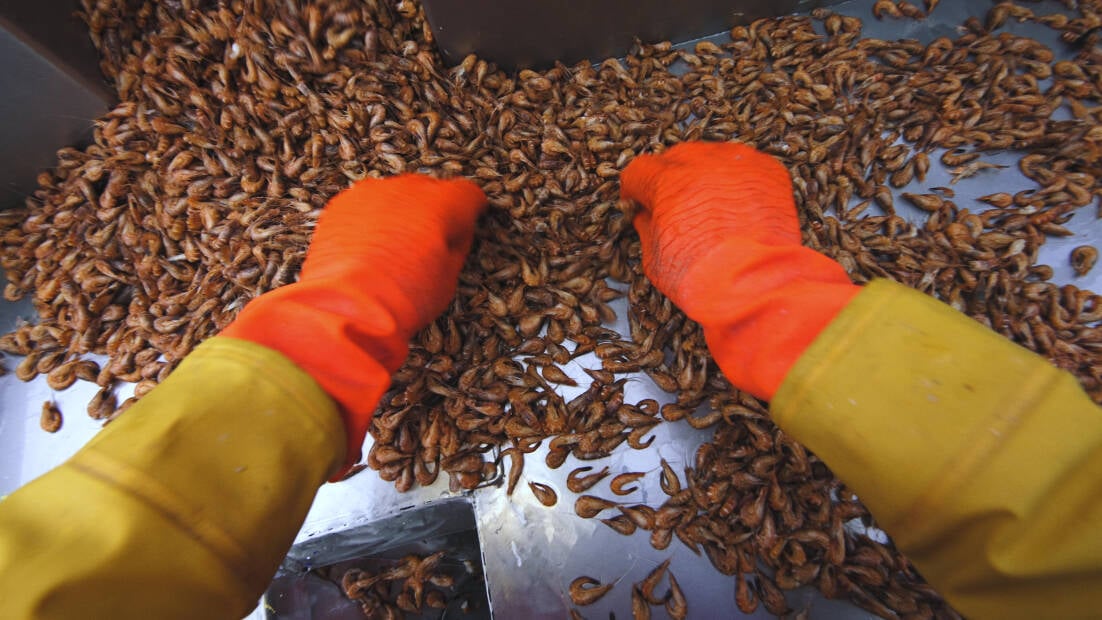
Photo: for illustration purposes
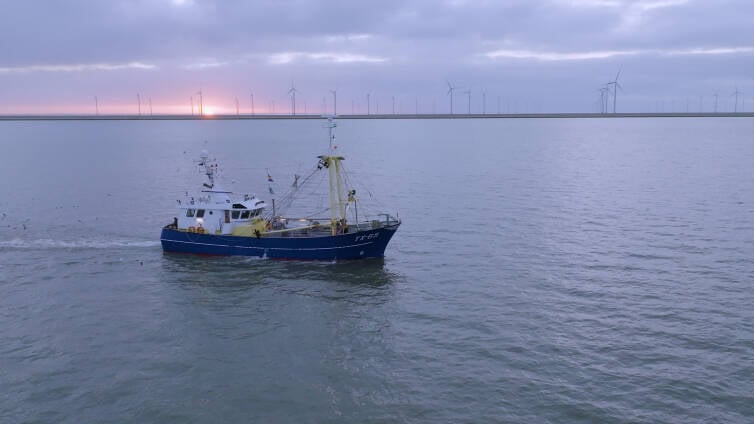
No growth
Schaap points out that millions in subsidies are ready to give the fishing industry a sustainable boost and keep the fishing culture alive in the coastal towns. If the door closes here soon, there will be no more fisheries education in Katwijk. And no young people means no recruitment,' Schaap soberly observes.
To Rotterdam
The management in Rotterdam is now looking for a temporary solution. It is looking into renting classrooms so that theoretical education can be offered on a small scale to the current first- and second-year students. The practical lessons with simulators and engine room will almost certainly move to Rotterdam.
'For the new batch of students, it is still uncertain where they will be taught. Our current second-year students will continue their education in Rotterdam from the third year, after the summer holidays. MBO nautical education in Katwijk is now really on the verge of being phased out,' says Schaap.
The teaching team of the Katwijk fisheries school has been told that Rotterdam's Scheepvaart en Transportcollege (STC) will eventually withdraw. This threatens the continued existence of fisheries education in the South Holland fishing town.
Katwijk has no port but is very important to the Dutch fishing fleet as a supplier of crew. Photo Willem den Heijer
'The school building is almost certainly going to be sold to the municipality of Katwijk. The construction to rent it back in its current set-up for the time being, including practice facilities, no longer fits within the STC budget. ‘This given the limited number of students at this location and the number of square metres,’ said fisheries teacher Henk Schaap. He has sent a letter to the municipality, hoping for a rescue plan. That letter has also been sent to fisheries organisations and the fishing industry to inform everyone of the dire situation. ‘From the municipality I haven't heard anything yet,’ he said.


Photo: for illustration purposes
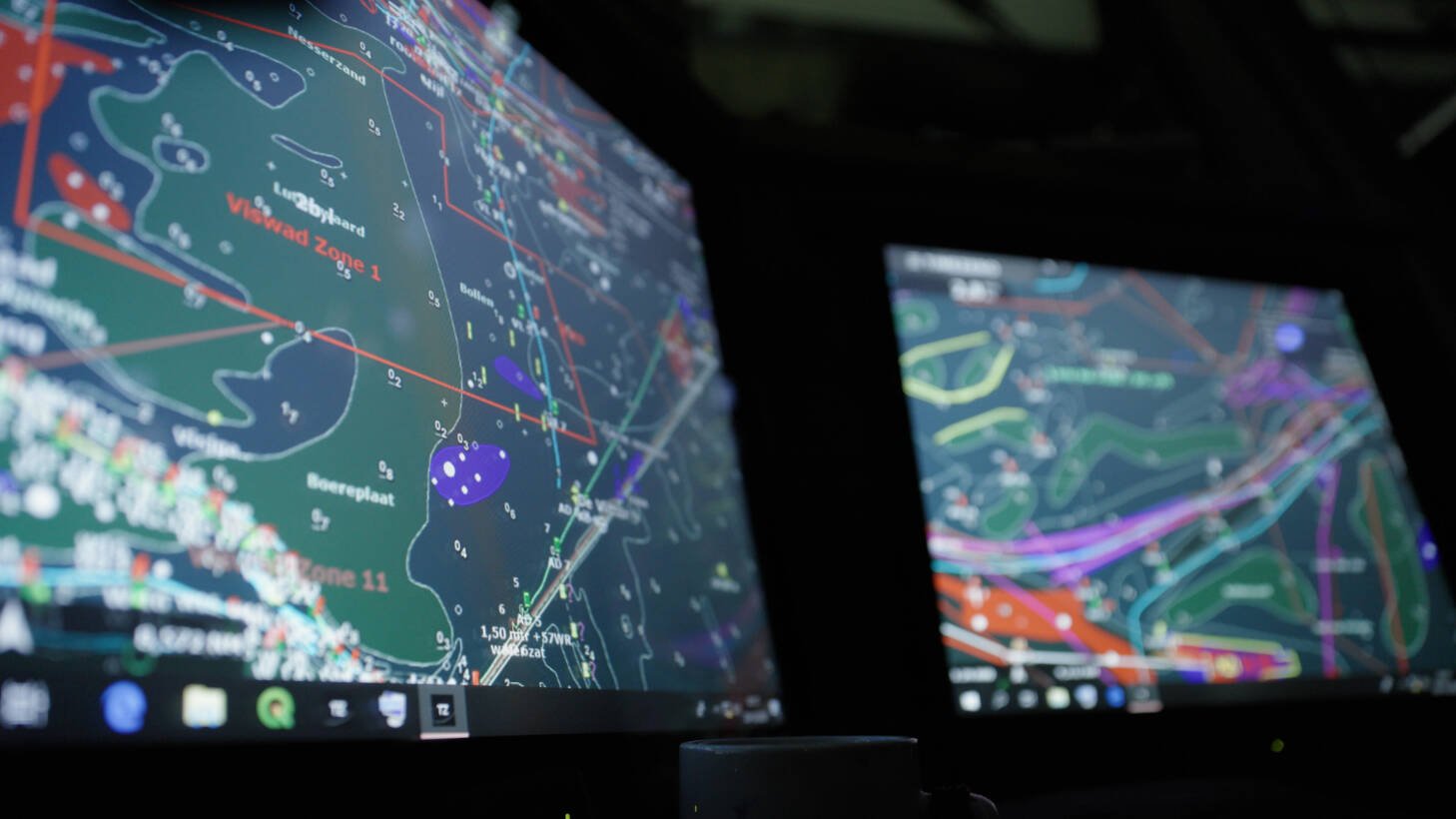
Why the C188 Convention helps fishermen
The C188 Convention is the Work in Fishing Convention of the International Labour Organisation (ILO). The C188 Convention replaces all old conventions on working conditions in sea fishing. On all seagoing fishing vessels, living and working conditions must comply with the rules of the C188 Convention. Depending on the sailing days, vessel length and sailing area, a C188 certificate is sometimes also required.
The C188 Convention was drawn up to protect fishermen worldwide. The convention ensures that fishermen have a safe and healthy working environment, with fair working conditions, adequate rest and good living conditions on board. This not only provides security for fishermen and shipowners, but also helps keep the sector future-proof and attractive to new generations of fishermen.
Reduce risks, increase safety
Of the 34 cutters, 25 maintain a so-called Risk Inventory and Evaluation Approach (RI&E). An important step to increase safety and awareness on board. This RI&E sets out the health and safety risks of working on board. The RI&E is accompanied by a plan of action describing the measures fishermen take to reduce the risks of an accident or incident.
Long working days and many administrative burdens are part of daily life for fishermen. C188 is not meant as an extra burden, but replaces many old conventions. Compliance is important to ensure and, if necessary, improve the quality of working and living conditions on board. Moreover, proper recording of working and rest times provides certainty in insurance issues and legal proceedings. Because even the courts weigh correct records in case of an accident or dispute in their judgement.
Photo: for illustration purposes
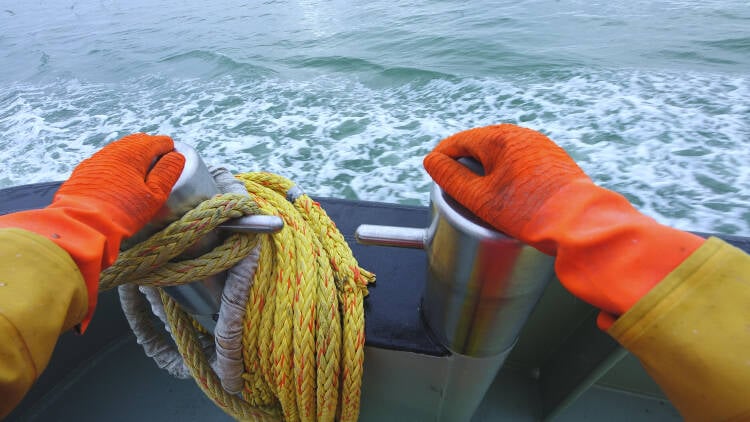
Medical examinations and certificates of competency
Improvement is needed when it comes to compliance with keeping track of working and rest hours and preparing a crew work schedule. The crew list was not updated in all cases and a copy of the crew list was not always shared with the shore. In addition, inspectors saw that 15 out of 34 cutters did not have the required crew papers in order. These included medical examinations and certificates of competency. In some cases, liability insurance and social insurance for crew members were missing. Only one captain complied with the requirements.
The Environment and Transport Inspectorate (ILT) is committed to ensuring safe and healthy working and living conditions on board fishing vessels. The ILT provided information on this on board non-certificate cutters in 2024. Inspections of these seagoing fishing vessels were used to check compliance with the C188 Convention, which contains rules on working conditions on board.
The inspections of 34 fishing vessels showed that a large proportion were not yet compliant. Non-compliance or insufficient compliance with the C188 Convention can lead to situations where fishermen or the vessel are uninsured. To eliminate unnecessary risks, the ILT will also take enforcement action in 2025 if vessels fail to comply.
During the 34 inspections in 2024, all cutters were found to have sufficient safety equipment (PPE) on board. Medical equipment for crew members was also more than sufficient. In addition, all vessel certificates were in order and crew members were entitled to repatriation in all cases in case of an accident at sea.

